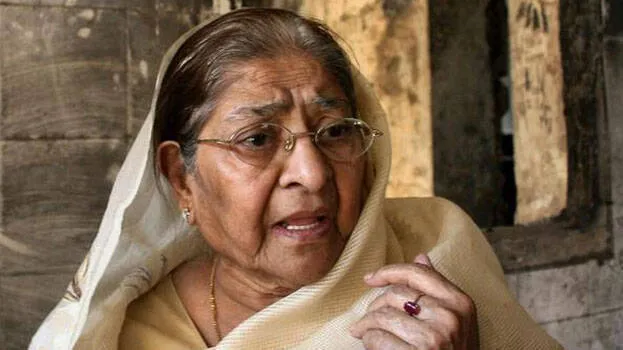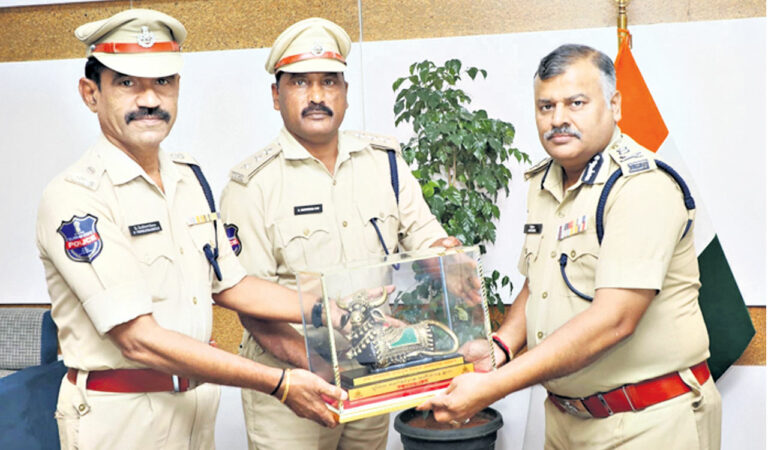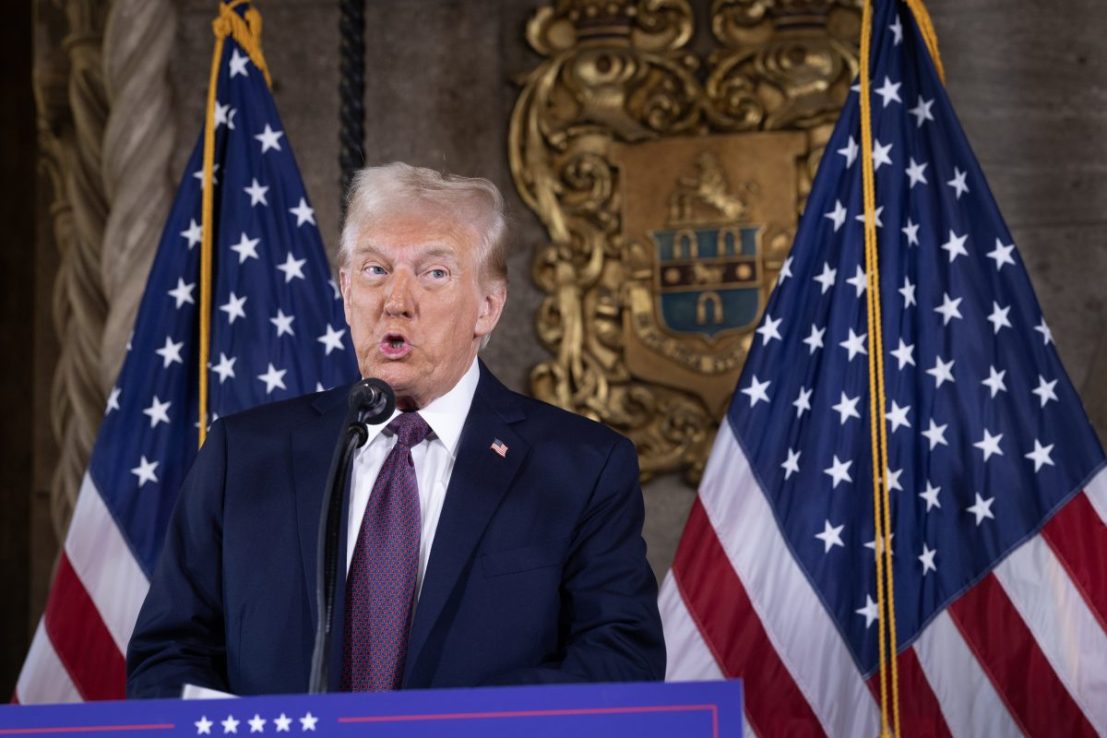
By Nora Gámez Torres, Miami Herald President Donald Trump’s envoy for special missions, Richard Grenell, is expected to meet with Venezuelan strongman Nicolás Maduro on Friday, just before Secretary of State Marco Rubio, a fierce opponent of negotiations with the Venezuelan leader in the past, begins his first foreign trip intended to highlight a U.S. renewed interest in Latin America.
The meeting between Grenell and Maduro, first reported by CNN, immediately raised fears the Trump administration, which has recently suspended the extension of deportation protections for hundreds of thousands of Venezuelan migrants, is trying to cut a deal with Maduro to take back deportees. The meeting takes place as Rubio embarks on a week trip starting Saturday in Panama, with stops in El Salvador, Costa Rica, Guatemala, and the Dominican Republic from February 1-6 “to advance President Trump’s America First foreign policy.” In a call with reporters Friday, U.

S. Special Envoy for Latin America Mauricio Claver-Carone denied the meeting was part of “quid pro quo” negotiations with Maduro that would undercut Rubio’s message during the trip. Claver-Carone said Grenell has a very “specific mission, which is that the United States and President Trump expect Nicolas Maduro to take back all of the Venezuelan criminals and gang members that have been exported to the United States, and to do so unequivocally and without condition.
And two, that American hostages that are being held in Venezuela, not only are unacceptable but that they must be released immediately. “This is not a quid pro quo, it’s not a negotiation in exchange for anything,” Claver-Carone said. .
“President Trump himself has made very clear we don’t need Venezuelan oil.” He urged Maduro to “heed” to Grenell’s “demands and what he puts on the table, because ultimately, there will be consequences otherwise.” Claver-Carone added that Grenell’s mission doesn’t change President Trump’s “priorities” nor Rubio’s position regarding Venezuela and their commitment to democratic change in that country.
In Florida, the home of the largest Venezuelan community in the U.S., elected officials reacted carefully, hinting they are okay with the meeting with Maduro if it remained narrowly focused on the deportations and the Americans detained.
“I hope that during today’s visit, the only thing @RichardGrenell focuses on is demanding the return of the kidnapped Americans, ensuring that Maduro takes back the thugs and gang members in our country, and finding a new country for Maduro, Diosdado, and anyone else involved in this thuggish regime to relocate to ASAP,” Rick Scott, the Florida Republican senator who seats at the U.S. Senate Committee on Foreign Relations said.
In a publication on X, Miami U.S. Rep María Elvira Salazar, a Republican who chairs the House Foreign Relations Subcommittee on Western Hemisphere Affairs, appeared frustrated with the day’s news.
Separately, the Financial Times also reported Friday on lobbying efforts by U.S. company Chevron to keep its license to export oil out of Venezuela.
“Venezuelan democracy is not worth selling for the price of oil! If we don’t push for Maduro and Diosdado to leave power, it will come back to haunt us,” she said, referring to the No. 2 man in Venezuela, Interior Minister Diosdado Cabello. Earlier this week, Trump revoked an extension of the recent extension of Temporary Protected Status granted to Venezuelans by former President Joe Biden, a move that could see thousands of Venezuelans, including in South Florida, facing deportation.
But plans to deport Venezuelans require removing a major roadblock: Maduro’s refusal to accept deportees unless the United States removes sanctions. “It is our full expectation that Maduro will accept all flights from members of the Tren de Aragua gang back to Venezuela,” White House Deputy Chief of Staff Stephen Miller told reporters that at the White House on Wednesday. Venezuela’s exile leader Edmundo Gonzalez told the Washington Post this week that he had cautioned Trump officials to cut a deportation deal directly with Maduro, instead urging them to send Venezuelan deportees to third countries.
Rubio, who was actively involved in Venezuela policy during Trump’s first administration, had a conversation with Gonzalez, whom the U.S. now recognizes as the country’s “rightful president” as one of his first moves as secretary of state, highlighting “United States’ support for the restoration of democracy in Venezuela.
” Rubio heading to Central America In an opinion piece for the Wall Street Journal, Rubio laid out a foreign policy that reverses the neglect of neighboring countries in the Western Hemisphere and rewards allies in the region, a change underscored by picking Latin America for his first trip as the U.S.’s top diplomat.
The Rubio visit aims to reaffirm the vision of a “golden age of the Americas” and the 21st century as an American century, Claver-Carone said. But tensions have already arisen with some Latin American nations, including long-standing U.S.
allies like Colombia and Panama. “Some countries are cooperating with us enthusiastically – others less so. The former will be rewarded.
As for the later, Mr. Trump has already shown that he is more than willing to use America’s considerable leverage to protect our interests. Just asks Colombia’s President Gustavo Petro,” Rubio wrote.
In the call with reporters, Claver-Carone commended Trump’s and Rubio’s leadership in quickly responding to Petro’s refusal to accept two military planes carrying Colombian deportees with a flurry of measures, including tariffs and visa sanctions, that forced Colombia’s government to back down in a matter of hours. “It sent a message that President Trump, Secretary Rubio, mean what they say,” Claver-Carone said. “There’ll be consequences for breaking agreements with the United States or having bad faith with the United States.
” Rubio will also have discussions about the Panama Canal with Panama ́s president José Raúl Multino, Claver-Carone said. Trump has complained that Chinese ports near the canal may be used for espionage or in military operations against the U.S.
, and that the independent Panama Canal Authorities are overcharging U.S. ships using the waterway.
The canal, built under U.S. supervision in the early years of the 20th Century, was gradually passed to the control Panamanian authorities after 1977.
“If China wanted to obstruct traffic in the Panama Canal, they could. That’s a fact. And it’s my view that’s a violation of the treaty agreement, and that’s what President Trump is raising, and we’re going to address that topic,” Rubio told journalist Megyn Kelly.
“The president’s been pretty clear he wants to administer the canal again,” Rubio added. “Obviously, the Panamanians are not big fans of that idea. But that message has been brought very clear.
And there are a lot of other areas we can work very closely with Panama on...
But this is a core national interest for us.” Most of Rubio’s conversations with Central American leaders will focus on migration and China’s influence on the region. He is expected to discuss agreements to deport migrants from third countries to El Salvador and Costa Rica, and the migration and security challenges posed by the crisis in Haiti for the Dominican Republic.
Rubio will also touch on migration in talks with Guatemala ́s president, Bernardo Arévalo, and countering Chinese influence throughout the region. On Friday afternoon, Karoline Leavitt, the White House press secretary, said President Trump was going to make good on his promise to slap 25% tariffs on goods from the U.S.
’s closest partners in the hemisphere, Canada and Mexico, coinciding with Rubio’s first tour day Saturday. ©2025 Miami Herald. Visit at miamiherald.
com. Distributed by Tribune Content Agency, LLC..















